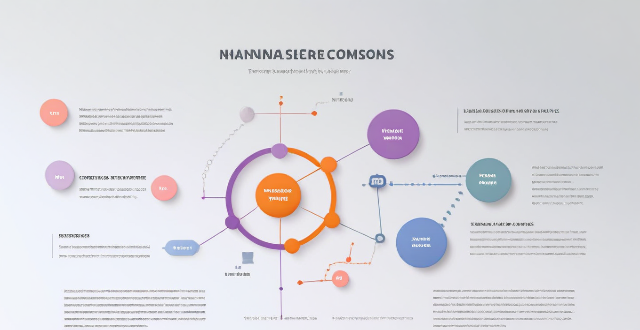Incorporating climate resilience into corporate social responsibility frameworks is becoming increasingly important. Here are some innovative practices by companies like Unilever, Microsoft, Adidas, Tesla, and Patagonia to reduce environmental impact and build resilience against climate change effects.

Innovative Examples of Companies Integrating Climate Resilience into their CSR Frameworks
Climate resilience has become an increasingly important aspect of corporate social responsibility (CSR) frameworks. Many companies are now recognizing the need to incorporate strategies that not only reduce their environmental impact but also build resilience against the effects of climate change. Here are some innovative examples:
1. Unilever's Sustainable Living Plan
- Key Focus Areas:
- Deforestation-free Supply Chains: Unilever aims to ensure all its agricultural raw materials are sourced from sustainable sources by 2020.
- Reduced Water Use: The company is committed to halving the environmental footprint of its products by reducing water use in manufacturing and agriculture.
- Enhanced Energy Efficiency: Unilever strives to use 100% renewable electricity across all its sites by 2030.
- Impact: These initiatives not only reduce Unilever's carbon footprint but also help protect natural resources, ensuring long-term sustainability for their supply chains and operations.
2. Microsoft's AI for Earth Program
- Key Focus Areas:
- AI Solutions for Climate Change: Microsoft invests in developing artificial intelligence solutions aimed at monitoring, modeling, and reducing the effects of climate change.
- Cloud Technology for Carbon Emission Tracking: The company uses cloud technology to help organizations track and reduce their carbon emissions.
- Impact: By leveraging technology, Microsoft is helping both itself and other organizations to better understand and mitigate the impacts of climate change, fostering a more resilient future.
3. Adidas's Use of Recycled Materials
- Key Focus Areas:
- Product Innovation with Recycled Materials: Adidas launched shoes made from recycled ocean plastic, turning waste into high-performance sportswear.
- Partnerships for Waste Collection: The company collaborates with Parley for the Oceans to collect marine waste, which is then used in their products.
- Impact: This approach not only reduces dependence on virgin materials but also helps clean up oceans, promoting a circular economy model that enhances climate resilience.
4. Tesla's Clean Energy Products
- Key Focus Areas:
- Electric Vehicles: Tesla manufactures electric cars that significantly reduce greenhouse gas emissions compared to traditional vehicles.
- Solar Roofs and Powerwall Batteries: The company produces solar roof tiles and home batteries, enabling households to generate and store their own renewable energy.
- Impact: By offering clean energy solutions, Tesla is contributing to the reduction of fossil fuel dependency and promoting a more resilient, low-carbon future for transportation and energy production.
5. Patagonia's Environmental Activism and Transparency
- Key Focus Areas:
- Eco-Friendly Products: Patagonia designs clothing using recycled and organic materials, minimizing environmental harm.
- Transparent Supply Chain: The company discloses the environmental impact of its products, encouraging customers to make informed choices.
- Impact: Patagonia's commitment to environmental stewardship and transparency sets a precedent for other fashion brands, driving industry-wide improvements in sustainability and climate resilience.
These examples demonstrate how companies are integrating climate resilience into their CSR frameworks through innovative practices that not only benefit the environment but also strengthen their business models for long-term success.